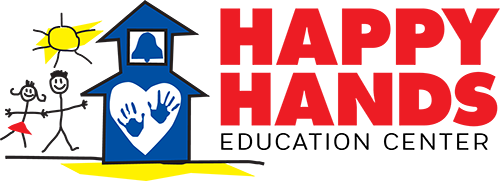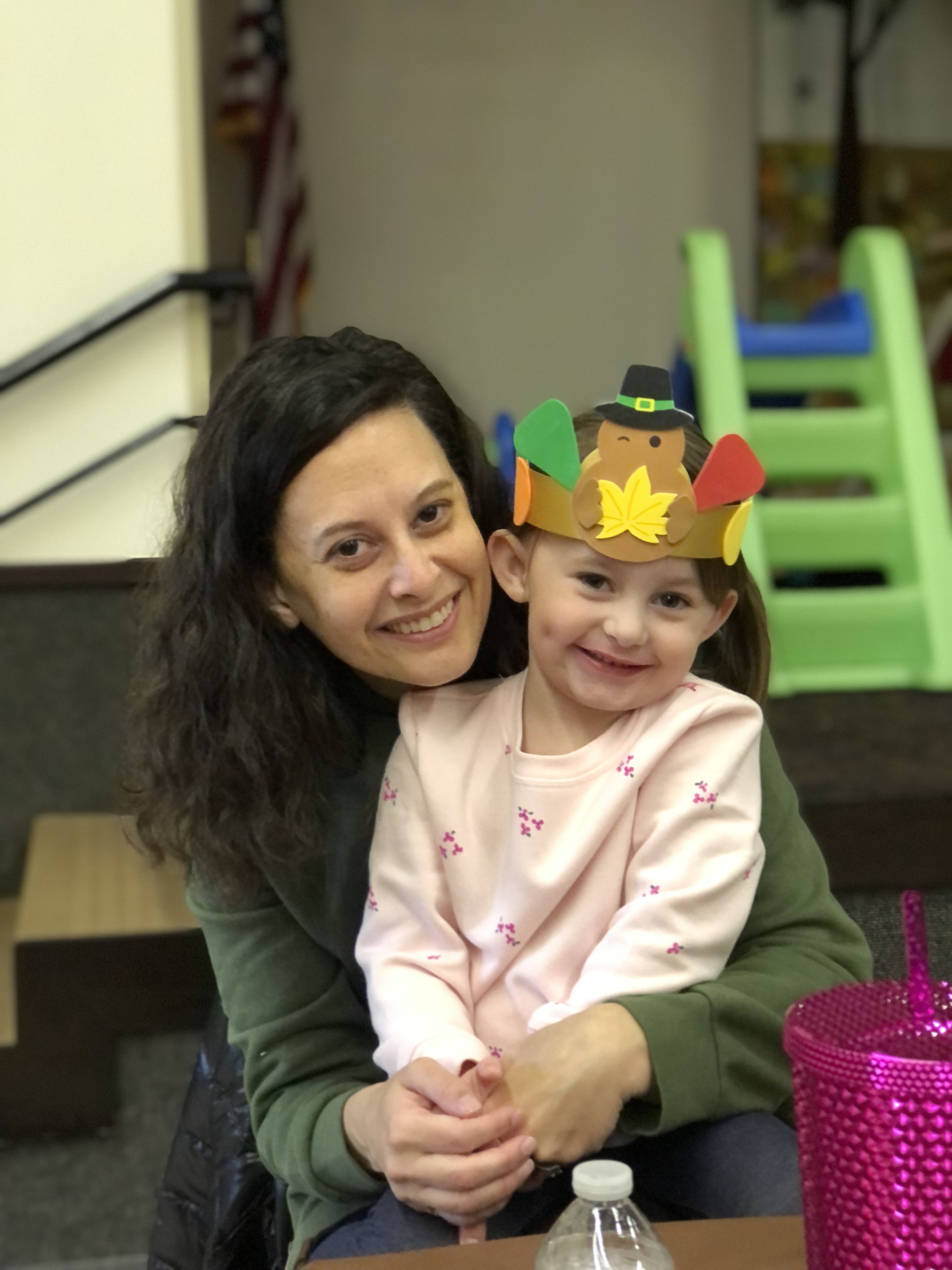Why Happy Hands?
Hearing issues and communication disorders are hard to see, but can be devastating in their impact on a child’s development.
Socially, a child needs to be able to communicate to build relationships with family and the outside world from birth, but hearing loss degrades this critical communication.
Educationally, a child needs to build the groundwork of language ability by age 3, but hearing issues can cause major delays in academic skills such as reading and math that can affect their achievements forever.
These problems can be prevented with specialized early intervention and education, and Happy Hands is the only full time source available for these precious children.
Enrollment Instructions & FAQs
Happy Hands has created hope and bright futures for an entire generation of children who are Deaf, hard of hearing or have communication disorders for over 20 years in northeast Oklahoma. We would love to consider your child for our services!
To apply for enrollment:
- Fill out the enrollment form by clicking the link below. (This does not obligate or guarantee enrollment. There will be no charge to you until the enrollment and admission process is complete.)
- Once we've received and reviewed your completed enrollment form, we will contact you to set up a meeting and give you a tour. Please feel free to bring your child along. This is the time to ask questions, see our facilities, and become familiar with our staff.
- When an opening becomes available in your child's age group, we will meet with you to update your child's file and spend time getting to know them through play and observation. This is a great time to talk about any other special needs, medical requirements, allergies, etc. so that we can ensure our program is suited to your child's individual needs.
- We will schedule an enrollment day to complete necessary paperwork and complete the admissions process. Don't worry, we will let you know what to bring!
Why is early intervention and access to language important?
Early development of language (especially between the ages of 0-6 years) is critical to building a foundation for later literacy and developmental skills. Research has shown which language is developed first, ASL or spoken language, is not important as long as there is a strong foundation of the first language. Using that foundation a second language can be more easily and learned. American Sign Language provides full early language access to children who are deaf or hard of hearing.
Is my child able to use their technology (hearing aid, BAHA, cochlear, etc.) while in your program?
Absolutely! Children attending Happy Hands use a variety of hearing technology—hearing aids, BAHAs, cochlear implants, FM systems, and more. Our Deaf Educators and Speech Pathologists are very familiar with the importance of utilizing these options and are professionals at helping children adjust to wearing them!
Is it beneficial for my child with mild hearing loss or unilateral hearing loss to attend Happy Hands?
Yes! There are many benefits to having a child with even a mild or unilateral hearing loss attend Happy Hands. Any degree of hearing loss can greatly affect communication and language development. Our teachers provide specialized language strategies for deaf and hard of hearing children to increase their skills, encourage self advocacy, and to watch for signs of struggle. In addition, being around other children with hearing loss and with hearing technology can help a child (and their parents) know they are not alone in this journey. Learning about Deaf culture, the deaf community, and sign language can enrich their lives, whether they use spoken language to communicate or not!
What kinds of special needs are you able to accommodate in addition to hearing loss?
We consider every child on a case by case basis.
While we do our best to serve children with special needs in addition to hearing loss, we are not able to provide for some medical needs or one-on-one services for children. If your child is in need of more support than we are able to give, we suggest contacting your local public school system and we will be happy to suggest other local services as well.
What resources do you offer to parents and families?
As a Christian school our first and best resource is Jesus and prayer. We provide an environment of understanding, acceptance, and encouragement as you walk along this unexpected journey. In addition we offer:
- Free ASL classes for parents and caregivers
- Parent engagement events throughout the year
- Opportunities to connect with other families
- Deaf adults on staff who serve as role models for the children and support to parents
- Our Parent Education And Resource Library (PEARL) available for free to check out books and videos pertaining to deafness, American Sign Language, communication, and more.
- Options for OT and PT services on site
- FREE speech language services (not billed through insurance) as part of enrollment
- The ability for hearing siblings to attend to learn ASL for stronger communication and sibling relationships at home
- And so much more!
Do you offer financial assistance?
Yes, Happy Hands commitment is to never turn a deaf or hard of hearing child away because of the family’s financial situation. We work diligently to raise funds for scholarships and tuition assistance from donors, our community and through scholarship programs. Happy Hands is an approved Lindsey Nicole Henry Scholarship participant for students who qualify. We are a member of the Opportunity Scholarship Fund which offers special benefits to students AND donors. Tuition may be covered in part or whole by Sooner Start and we accept OKDHS childcare subsidy.
Does Happy Hands have a waitlist?
Yes, Happy Hands does currently have a waitlist for the 2023-2024 school year. We work through our list of applicants in the order they were received, with priority given in the following order:
- Deaf or hard of hearing child
- Hearing sibling of enrolled/enrolling Deaf or hard of hearing child
- CODAs - Child of Deaf adult(s)

